- Home
- slideshows
- miscellaneous
- Here's how Americans rank the 2020 presidential candidates on the political spectrum
Here's how Americans rank the 2020 presidential candidates on the political spectrum
Massachusetts Rep. Seth Moulton

Colorado Sen. Michael Bennet
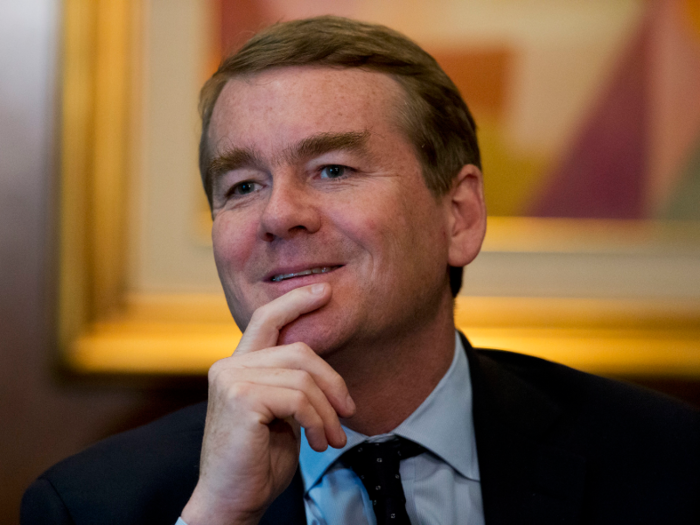
Bennet is a purple state centrist and was part of the Gang of Eight, a group of four Republican and four Democratic lawmakers that wrote a comprehensive immigration reform bill which passed the Senate with bipartisan support in 2013.
He's opposed to Sen. Bernie Sanders' Medicare-for-all legislation, and has proposed offering a public option for health insurance and allowing the government to negotiate Medicare drug prices.
California Rep. Eric Swalwell
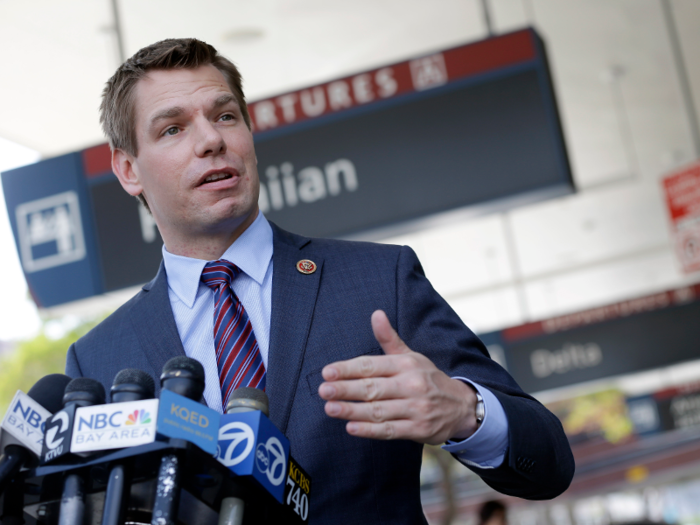
Swalwell, a 38-year-old former prosecutor, is focusing heavily on his calls for stricter gun regulations.
He's also become nationally known through his work on the House Intelligence Committee's investigations into Russian interference in the 2016 election, making frequent TV news appearances to discuss the special counsel Robert Mueller's probe and Congress' oversight.
Former Maryland Rep. John Delaney
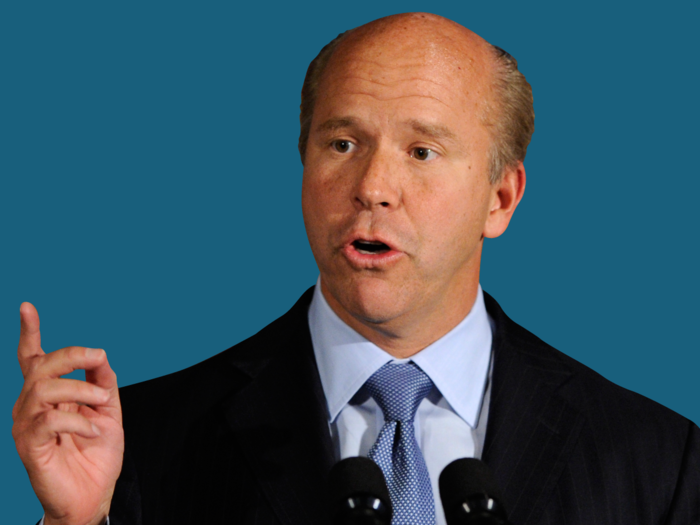
Delaney was the first Democrat to launch his 2020 presidential bid in July 2017 and has centered calls for unity in his presidential campaign.
He's perhaps best known for being a moderate pragmatist and was a member of the bipartisan No Labels' Problem Solvers group.
Ohio Rep. Tim Ryan
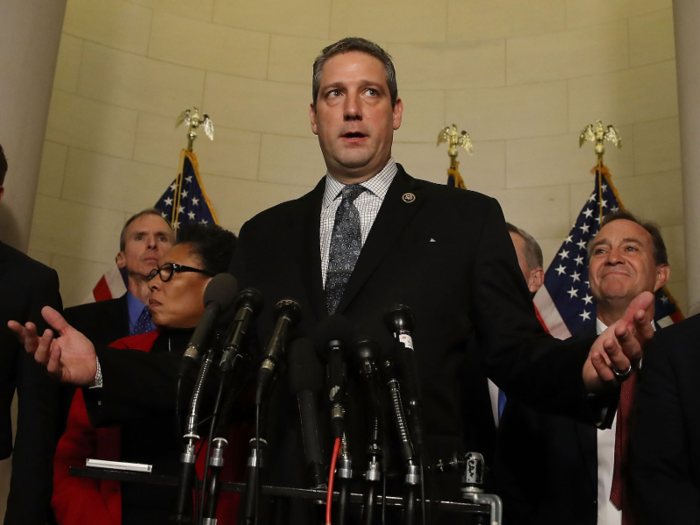
Ryan represents an Ohio district that went for Trump in 2016 and is focusing his campaign on strengthening US manufacturing and bringing jobs back to the US.
He's also known for his unsuccessful bid against Rep. Nancy Pelosi for the position of House minority leader in 2016.
Minnesota Sen. Amy Klobuchar
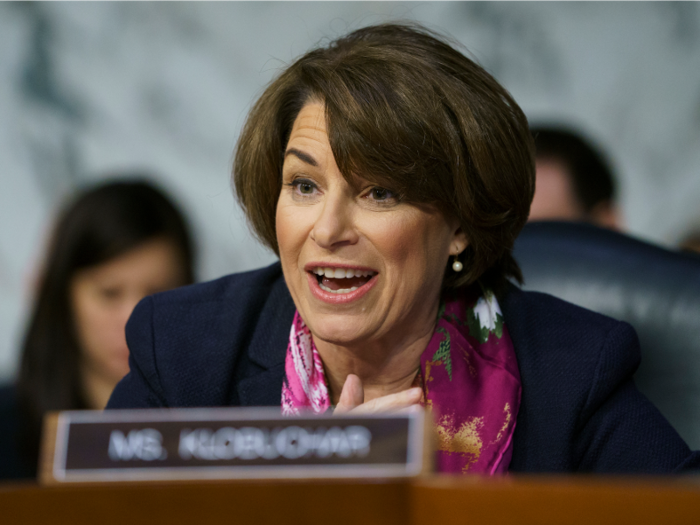
The Midwestern former prosecutor is known for her more moderate positions on key issues.
On healthcare, Klobuchar says she wants a public option instead of Medicare-for-all. She also supports making community colleges free, but not four-year public colleges.
Tech entrepreneur Andrew Yang
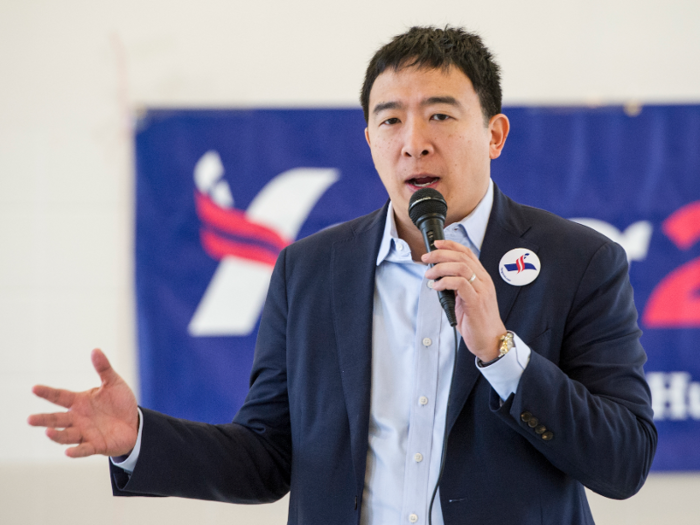
Yang is largely focusing on his call for a Universal Basic Income, what he calls the "Freedom Dividend," which would send $1,000 per month to every American between the ages of 18 and 64.
South Bend, Indiana Mayor Pete Buttigieg
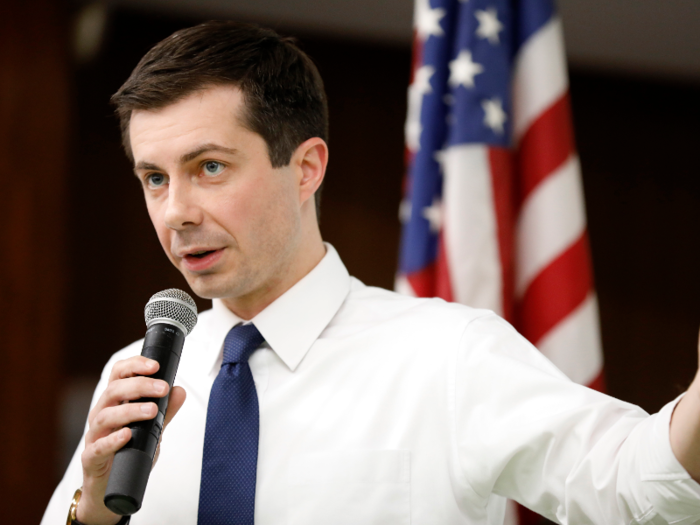
The openly-gay mayor says he is running a values-focused campaign and has been slow to roll out many detailed policies.
The Navy veteran talks a lot about how to reframe the concepts of freedom, security, and democracy as progressive values and reach voters in the Midwest.
Policy-wise, Buttigieg has focused on democratic reforms, including ending gerrymandering, expanding political representation for Puerto Rico and Washington, DC, getting rid of the Electoral College, and reforming the Supreme Court.
He supports a public option rather than Medicare-for-all, and has said he doesn't support free public college for all Americans.
Former Colorado Gov. John Hickenlooper
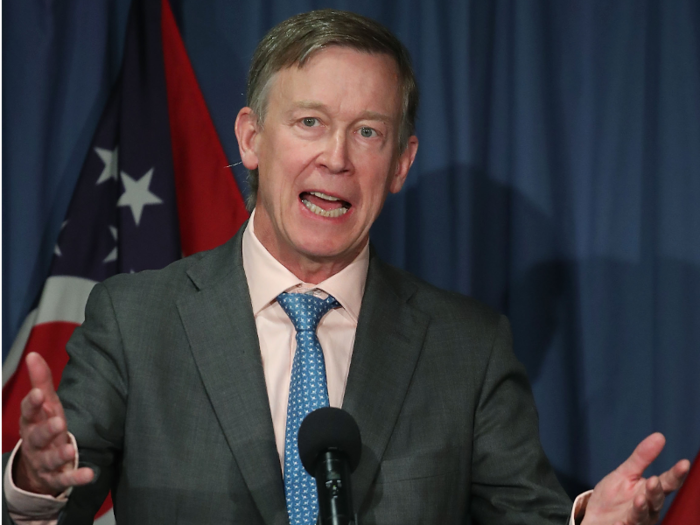
Hickenlooper built a reputation as a pro-business pragmatist while governing his purple state.
He has specifically framed his candidacy as a more moderate option for voters, criticizing the Green New Deal and expressing concerns about Medicare-for-all.
Former Vice President Joe Biden
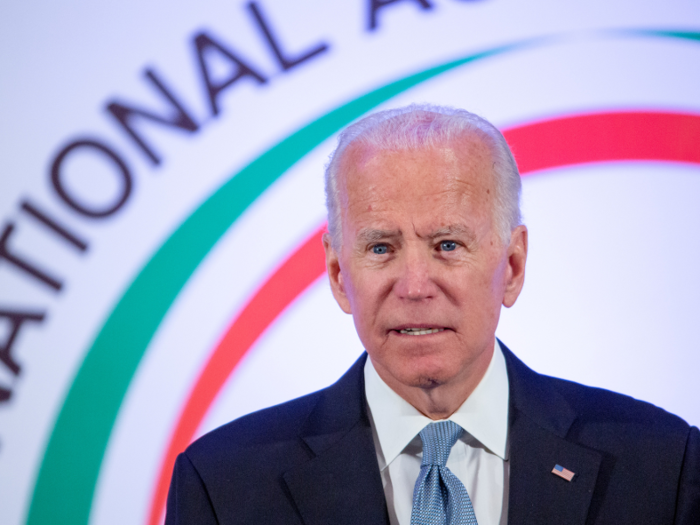
The former vice president and US senator is best known as President Barack Obama's right-hand man, but voters are also considering his 36-year-long record in the US Senate.
Biden is facing criticism from the left-flank of his party over that track record, including his handling of Anita Hill's sexual harassment allegations against Supreme Court Justice Clarence Thomas' confirmation hearing, his support of the 1994 crime bill, and his tendency to praise Republicans.
Biden is framing himself as a more moderate option in the primary, and as someone who can win over white blue-collar workers who may have gone for Trump in 2016.
Washington Gov. Jay Inslee
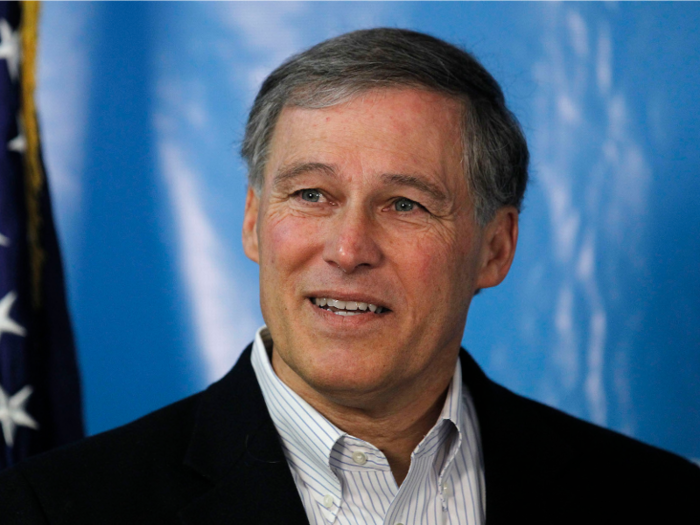
Inslee is making climate change his major campaign issue, building off of his work as governor.
He's calling for an ambitious set of policies that would make US power plants carbon-neutral, most vehicles emission-free, and new buildings carbon-free — all by 2030.
Hawaii Rep. Tulsi Gabbard
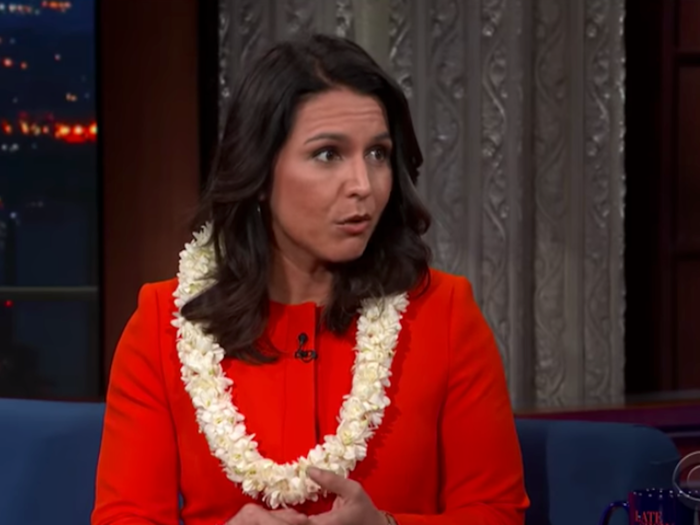
A 37-year-old Iraq War vet, Gabbard is known for her controversial non-interventionist approach to foreign policy.
She supported Sen. Bernie Sanders' 2016 bid for the Democratic presidential nomination.
Former Texas Rep. Beto O'Rourke
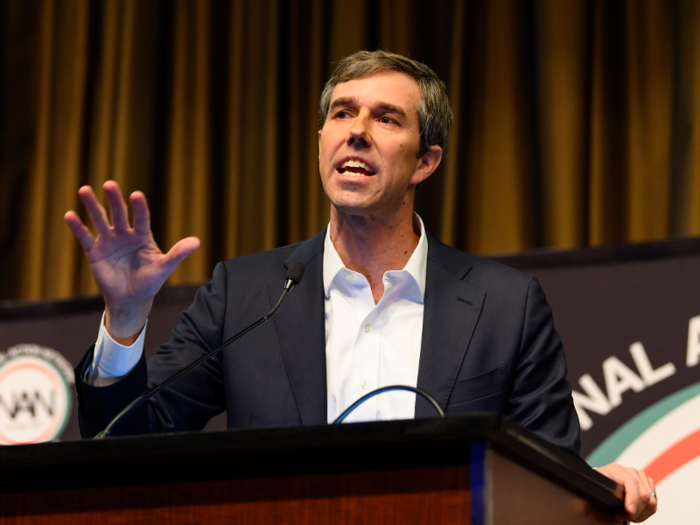
The former El Paso congressman is best known for his unsuccessful but competitive 2018 race for Senate against Ted Cruz.
O'Rourke drew national attention for his impassioned speeches, crowded town halls, and near-constant live-streams from the campaign trail. But his voting record in the House is more conservative than the average Democrat's, and he's developed strong relationships across the aisle.
New York Sen. Kirsten Gillibrand
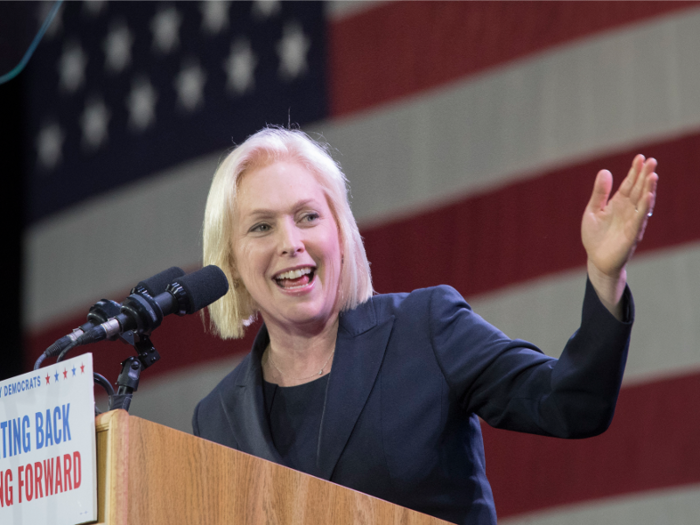
The junior senator from New York has one of the most progressive voting records in the Senate, but has been dogged by her much more conservative record as a congresswoman representing a previously Republican upstate district.
Gillibrand is focusing her presidential bid on issues that disproportionately impact women, including paid family leave, sexual harassment, and the gender pay gap.
Massachusetts Sen. Elizabeth Warren
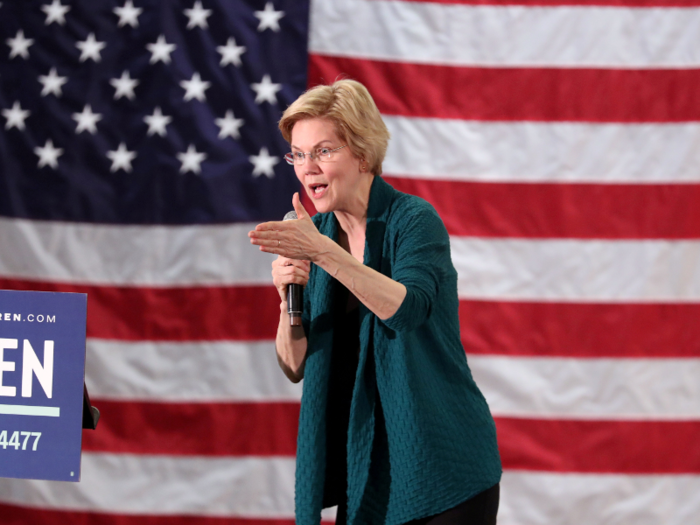
The former Harvard Law School professor is focused on economic inequality and working families.
She's already rolled out a series of ambitious proposals to make public college free for all who attend, cancel student debt, build a universal childcare system, and implement a wealth tax on the richest Americans.
Former Secretary of Housing and Urban Development Julián Castro
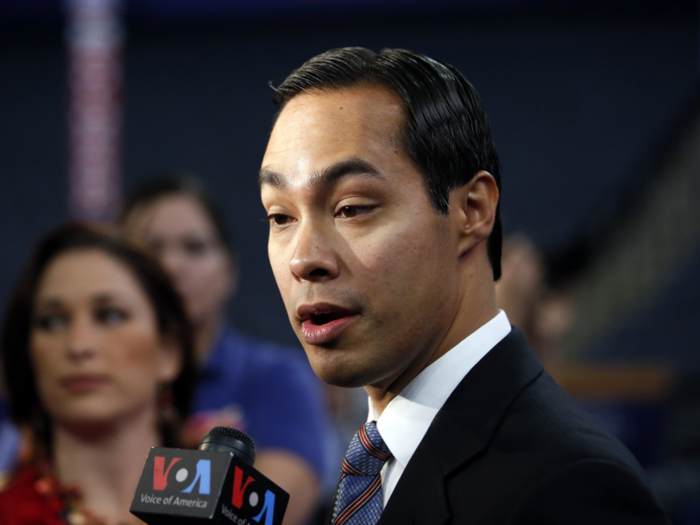
The former San Antonio mayor has gotten attention for staking out some of the most progressive positions in the 2020 field on issues like reparations for the descendants of slaves, and has centered immigration policy in his campaign.
In his detailed plan, Castro called for a "21st-Century Marshall Plan" to help Central American countries, decriminalizing border crossings, and splitting up the Immigration and Customs Enforcement Agency.
New Jersey Sen. Cory Booker
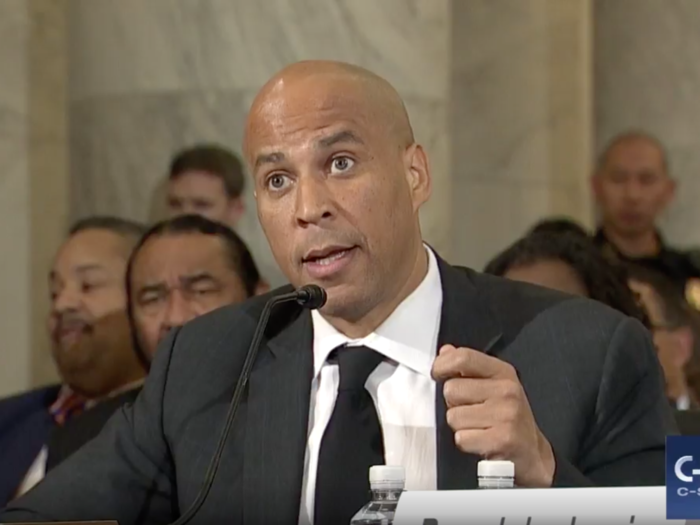
Booker has centered his calls for criminal justice reform in his presidential bid.
He also supports Medicare-for-all, but says he'll take a pragmatic approach to healthcare.
The junior senator from New Jersey is also staking his campaign on battling wealth inequality with his proposal to create "Baby Bonds," which would create a savings account for every American child, with more money going to poorer kids.
California Sen. Kamala Harris
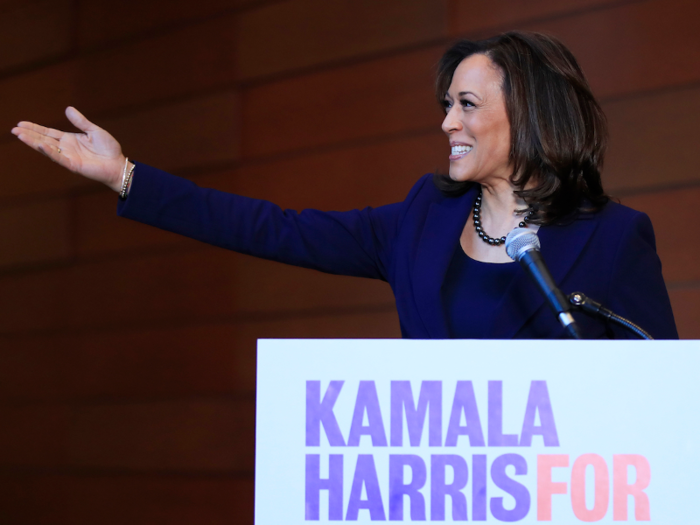
The former California attorney general turned US Senator is running on a broad progressive platform that includes Medicare-for-all, marijuana legalization, and the Green New Deal.
She's also rolled out a few of her own policy proposals, including a middle class tax cut in the form of the "LIFT Act," and teacher pay increases.
But she's also faced widespread scrutiny over her long prosecutorial record, which includes defending California's system of capital punishment, prosecuting the parents of chronically truant children, and failing to pursue key progressive reforms.
Vermont Sen. Bernie Sanders
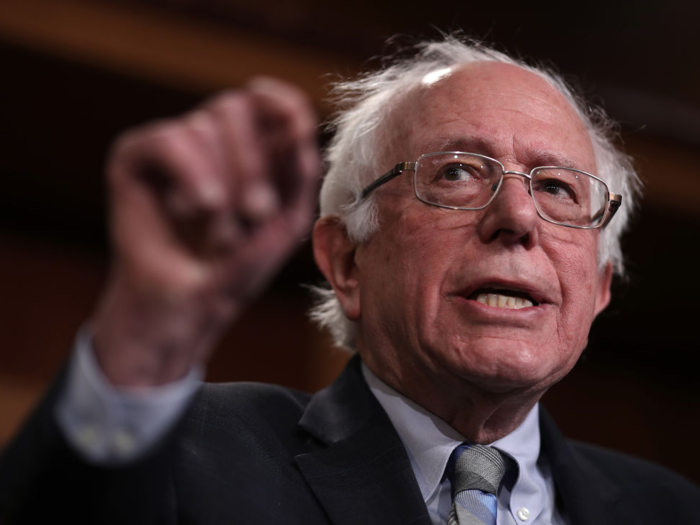
Sanders has long been known as one of the Senate's most progressive members, and he made himself the de facto leader of the progressive left through his 2016 presidential bid.
Like in 2016, the self-described democratic socialist is centering his campaign on reducing economic inequality, expanding the safety net through Medicare-for-all and the Green New Deal, and taxing the rich.
Popular Right Now
Popular Keywords
Advertisement